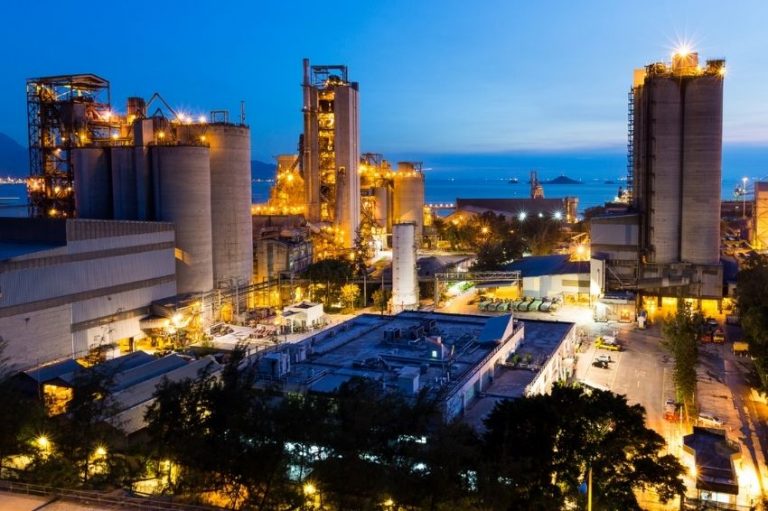With collaboration of Leonardo Balbino
Faced with the current scenario of water scarcity, the Federal Government began to adopt measures aimed at reduction of electrical energy consumption.
In this sense, on August 31, 2021, the MME (Ministry of Mines and Energy) published the Resolution No. 2, of 2021 which establishes the RVD (Voluntary Demand Reduction Incentive Program) for SIN (National Interconnected System) consumer units.
The RVD will be implemented through the granting of bonuses in the invoice, in the amount of R$ 50 for every 100 kWh, in return for the average reduction in electricity consumption in an amount equal to or greater than 10% per consumer unit in the regulated contracting environment, limited to 20%, calculated cumulatively on invoices referring to competencies from September to December 2021.
It should be noted that the RVD costs will be recovered through the charge intended to cover the System Service Costs, which aim to guarantee the supply of electricity, considering the appropriate balance between supply reliability and reasonable tariffs and prices.
The aforementioned normative act complements the Ordinance No. 22, of 2021, published by MME on August 23, 2021, had already established the following:
- Agents authorized to participate: free consumers, load aggregator agents (salespeople, consumers and generators responsible for aggregation), consumers modeled under retail agents and so-called partially free consumers;
- Payment: The amount related to the offers presented and accepted will be recorded in the Short-Term Market (“MCP”) by CCEE and the financial result resulting from this accounting will be paid to the offering agents monthly, according to the MCP schedule already established by CCEE;
- Price: the offering agent receives the value of the reduced offer upon settlement of the MCP. If the value of the offer is greater than the PLD (Difference Settlement Price), the additional amount will be covered by ESS (System Service Charges), paid by all consumers in the country. If it is lower than the PLD, the difference goes back to deducting the ESS paid by the consumer;
- Compliance: All potential participants must be in compliance within the scope of the CCEE;
- Term of offers: Reduction offers may be valid for one to six months. Exceptionally, offers of less than one month may be sent for evaluation by the ONS;
- Requirements for the offers to be presented: The minimum offer may be made in batches of hourly duration, which varies from 4 to 7 hours, and with minimum lots of 5 MW for each hour of the offer duration, with a price established at R$ /MWh, day of the week and identification of the Submarket of the offer;
- Acceptance of offers: The CMSE (Electricity Sector Monitoring Council) will deliberate on the acceptance of offers presented by agents to the ONS. Offers of less than one month may be accepted by the ONS without consulting the CMSE;
- Offers accepted but not fulfilled by the agent: The RVD participating agent who is unable to reduce by at least 80% from the reduction amount already accepted will be considered as having not fulfilled the product. The effects of this are: (1) non-receipt of remuneration; and (2) if it happens seven times a month, consecutive or not, it will result in the cancellation of your remaining offers already accepted. It is worth remembering that the process of receiving and accepting offers will be public;
- The reduction offer will not be considered in the Marginal Operation Cost – CMO and PLD formation processes;
According to the ONS, the industrial sector has already committed to reducing an average of 237 MW of its energy consumption during peak hours in September, and the RVD will extend until April 30, 2022.
















